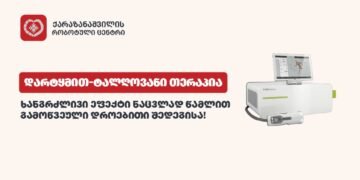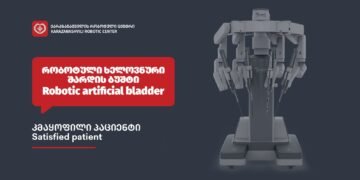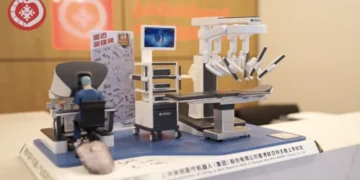Instead of focusing solely on prostate medication, let’s talk about important preventive recommendations that may help you avoid the need for surgical treatment of prostate-related conditions.
What is the Prostate?
The prostate is a gland found in adult men. It produces a secretion that makes up about 30% of semen. The proper function of the prostate is crucial for a man’s sexual health and overall quality of life.
Common Prostate Conditions:
-
Prostatitis – Inflammation of the prostate gland.
-
Adenoma – Non-cancerous enlargement of the prostate, also called benign prostatic hyperplasia (BPH).
-
Cancer (Adenocarcinoma) – One of the most common malignant tumors in men.
All three conditions share a common underlying factor: ongoing inflammatory processes in the cells and tissues of the prostate.
Typical Symptoms:
-
Frequent urination
-
Decreased libido
-
Burning sensation while urinating
-
Difficulty urinating
-
Pain during urination
-
Pain in the lower back
-
Interrupted urine flow
-
Weakened urine stream
-
Incomplete bladder emptying
Prostate Health – Preventive Tips:
-
Increase physical activity – Engage in exercise, walking, running, swimming, or playing tennis. Avoid using the elevator and choose stairs instead. Cycling is especially beneficial because it provides a natural prostate massage, improving blood and lymph circulation and reducing the risk of prostate diseases. This is particularly important for men who sit for long periods at work.
-
Maintain a regular sleep schedule.
-
Healthy diet – Avoid spicy, smoked, and heavily seasoned foods. Limit alcohol, beer, and carbonated drinks. Your diet should include:
-
Boiled meat (beef or chicken)
-
Boiled fish
-
Dairy products (cottage cheese, sour cream, cheese, yogurt)
-
Whole grains (rice, buckwheat)
-
Vegetables and fresh fruits
-
Nuts
-
Unrefined oils and herbs
-
-
Avoid prolonged exposure to cold. Don’t sit on cold surfaces such as stones or concrete.
-
Maintain a regular and safe sexual life – Regular ejaculation supports healthy circulation in the prostate. However, be cautious: sexually transmitted infections can trigger prostatitis. Safe sex is essential.
-
Ensure proper digestive function – Regular bowel movements help reduce pressure on the prostate.
Important Note:
Self-medication is not recommended in the case of prostate issues. It’s essential to consult a urologist, who will prescribe the appropriate treatment based on comprehensive diagnostic tests.
Every man should undergo a preventive check-up at least once a year, including:
-
Prostate secretion analysis
-
Urological examination
Taking these steps can greatly reduce the risk of developing serious prostate conditions.







